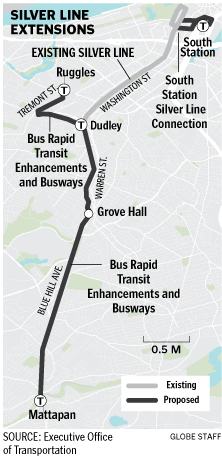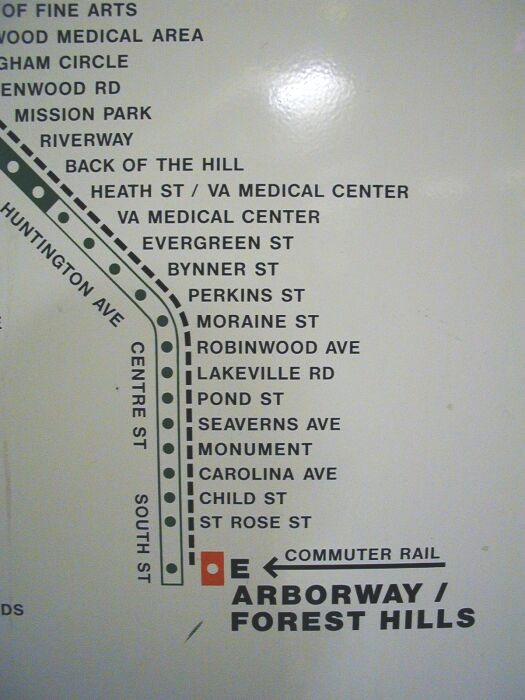F-Line to Dudley
Senior Member
- Joined
- Nov 2, 2010
- Messages
- 9,556
- Reaction score
- 10,449
Not sure if this belongs here, but in case anyone's interested:
http://www.boston.com/news/local/ma...N/story.html?p1=Topopage:Test_B:Main_headline
Yes, well...they *just* ended the 23-year retirement package like last year. So if you get a job for the MBTA at age 22, you can do an honest and exemplary job your entire career for a modest salary, follow every rule in the book, and be eligible to retire at 45. That fleeces...who?
Now, 23 years is probably too short in this day and age. Which is why they got rid of it. But it's a gig with great job security and promotion path to more skilled positions, so a lot of the mid-twentysomethings they hire do stick around till 55. Which is...30 years. Frame it that way and most office schlubs criticizing this would turn around and say they'd feel owed the option for early retirement if they stuck it out 30 years with one employer. The difference for them is...they're expendable and will change jobs umpteen times so the only way to hit a pension in a corporate job is with an age trigger and rolling one's retirement sayings over and over again to new accounts when they change employers.
Work in an industry where people stay with one employer for a career, and they tend to have service time-based retirement plans. Public sector institutions tend more than private sector to have longer-lasting employees. Ergo...
Gah, this is a tired talking point. Now, overpaid deadbeat employees...that's a real problem. Over-glut of managers auto-promoted who just take up space doing nothing...that's a real problem. The T is rife with both of those, and is finally starting to bend to scrutiny and clean house of that flab. Loyal employees who take enough pride in that circle-T logo to spend a whole career there doing their fucking jobs, and following the rules to an honest pension...that is not a problem.
If the local rags are going to wave this Pavlovian red meat around to rile up the usual suspects who hate public employees for all reasons...the least they could do is tell us if these early retirements disproportionately represent an overpaid management level or not. If the rolls are rank-and-file in the proportions you'd expect rank-and-file who spent a career on appropriate promotion path for a job well done enough to last X decades...that's not waste.












